Fiber Power: Delicious Foods That Keep You Satisfied All Day
Looking for more energy, fewer cravings, and better digestion—all without giving up flavor? The secret might be fiber. Often overshadowed by protein and fat, fiber is the unsung hero of a balanced diet, fueling everything from gut health to stable blood sugar. The right high-fiber foods don’t just keep things moving—they keep you full, focused, and firing on all cylinders. That’s why we’ve expanded our list to 17 flavorful high-fiber hero foods that not only satisfy your taste buds but also nourish your body, ensuring you stay energized all day long. From crunchy veggies and vibrant fruits to ancient grains and unexpected favorites, these delicious picks are as functional as they are flavorful. Whether you’re planning meals or just rethinking your snacks, these fiber-rich all-stars are here to power your plate—and your day. Let’s dive into the foods that help you thrive, one bite at a time.
1. Oats: The Heart-Healthy Grain
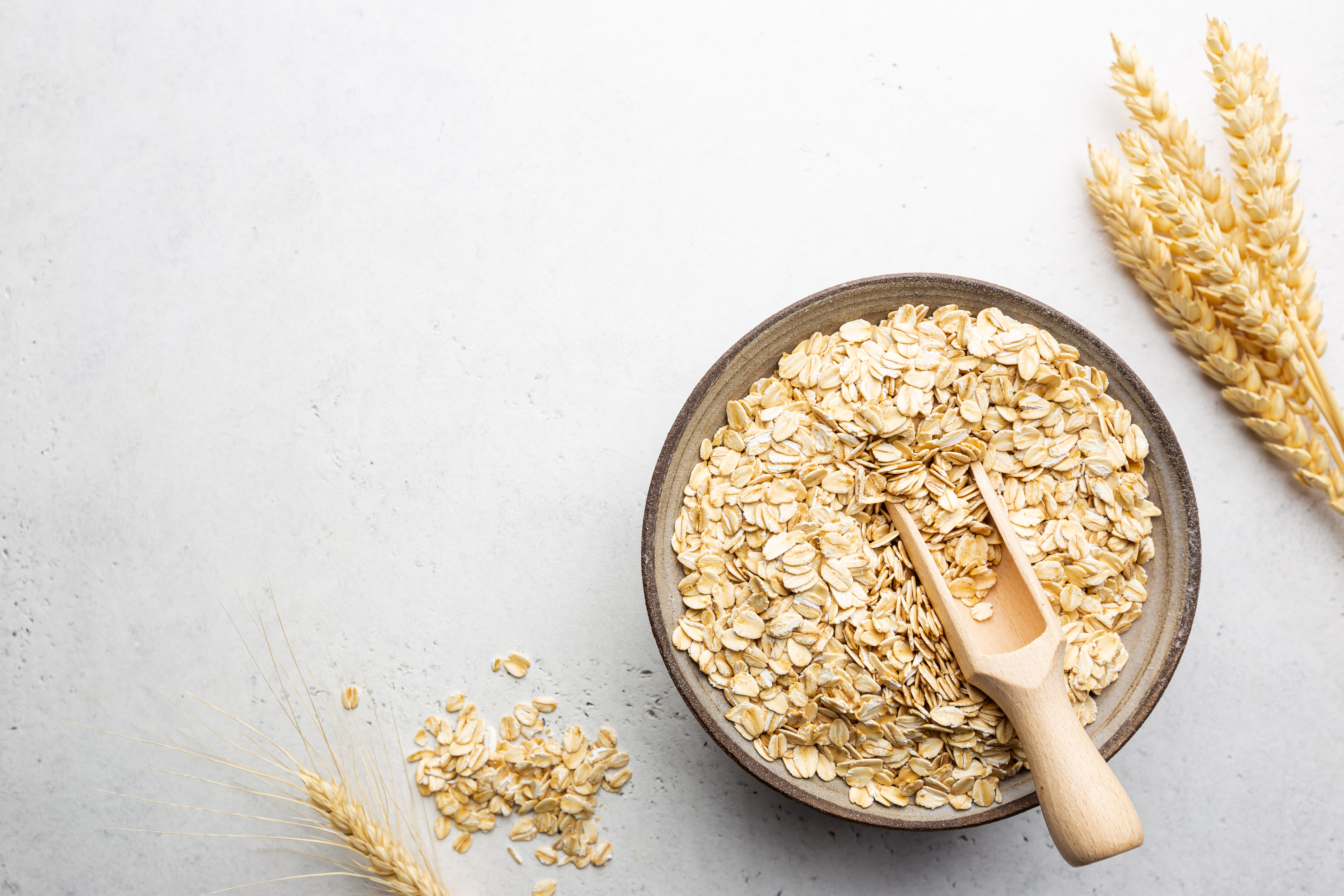
Oats are often hailed as a breakfast staple, and for good reason. This whole grain is packed with soluble fiber, particularly beta-glucan, which has been shown to reduce cholesterol levels and improve heart health. Oats provide a slow-release form of energy, making them an excellent choice for maintaining steady blood sugar levels throughout the day. They are incredibly versatile, easily incorporated into a variety of dishes from traditional porridge to smoothies and baked goods. Beyond their fiber content, oats are rich in antioxidants, vitamins, and minerals, contributing to overall health and well-being. Whether you prefer them as a warm bowl of oatmeal or in the form of overnight oats, incorporating oats into your diet is a simple yet effective way to boost your fiber intake and start your day on a healthy note.
2. Lentils: The Protein-Packed Legume
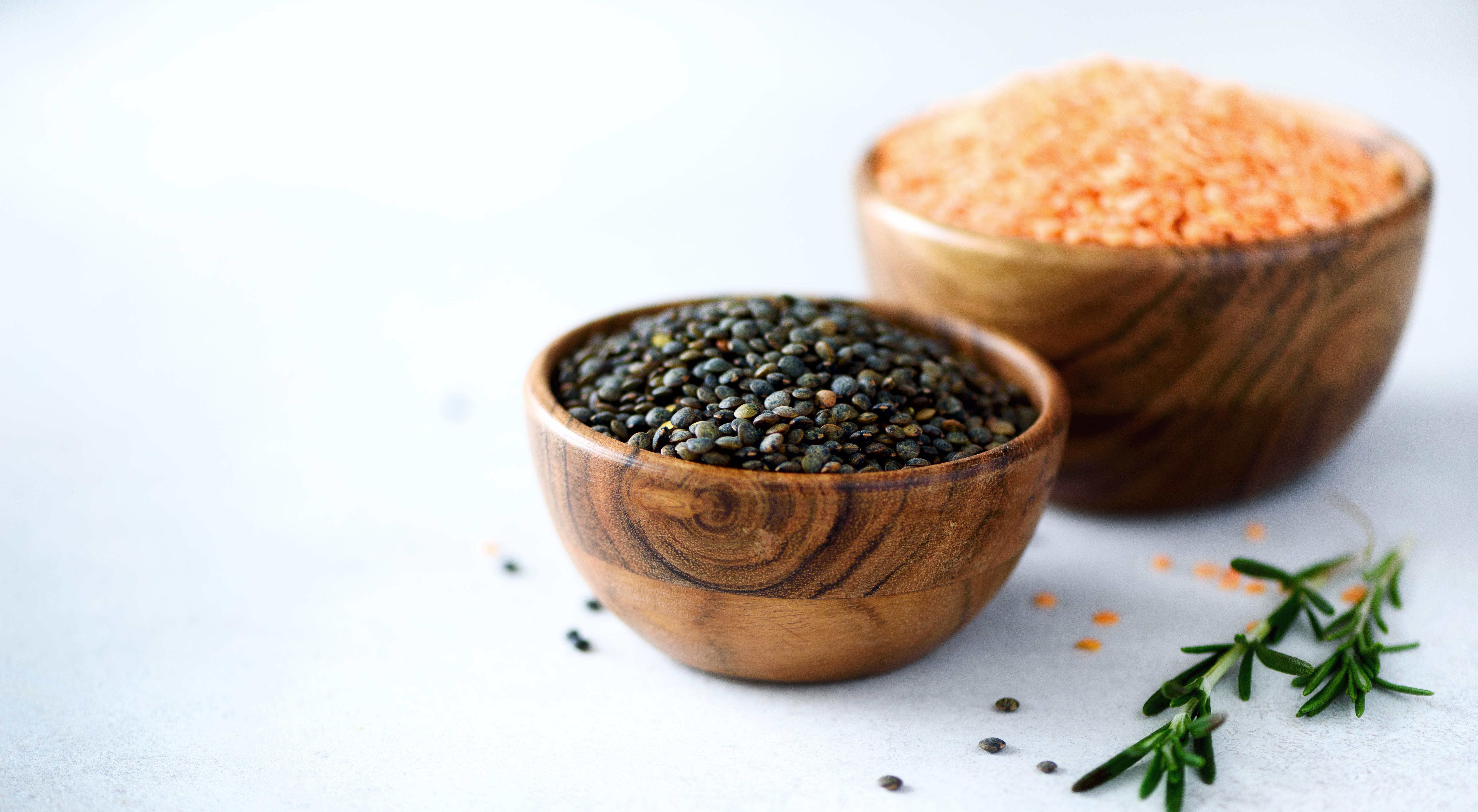
Lentils are a nutritional powerhouse, offering a rich source of both fiber and plant-based protein. These small legumes are incredibly versatile, available in various colors such as green, red, and brown, each with its unique flavor profile. Lentils are particularly high in soluble fiber, which aids in digestion and helps stabilize blood sugar levels. They are also a great source of iron, making them an excellent dietary choice for vegetarians and vegans. Adding lentils to soups, stews, and salads not only enhances the dish's nutritional value but also adds a satisfying texture and earthy flavor. The combination of fiber and protein in lentils makes them an ideal food for sustained energy, keeping you full and focused throughout the day.
3. Chia Seeds: The Tiny Nutritional Giants
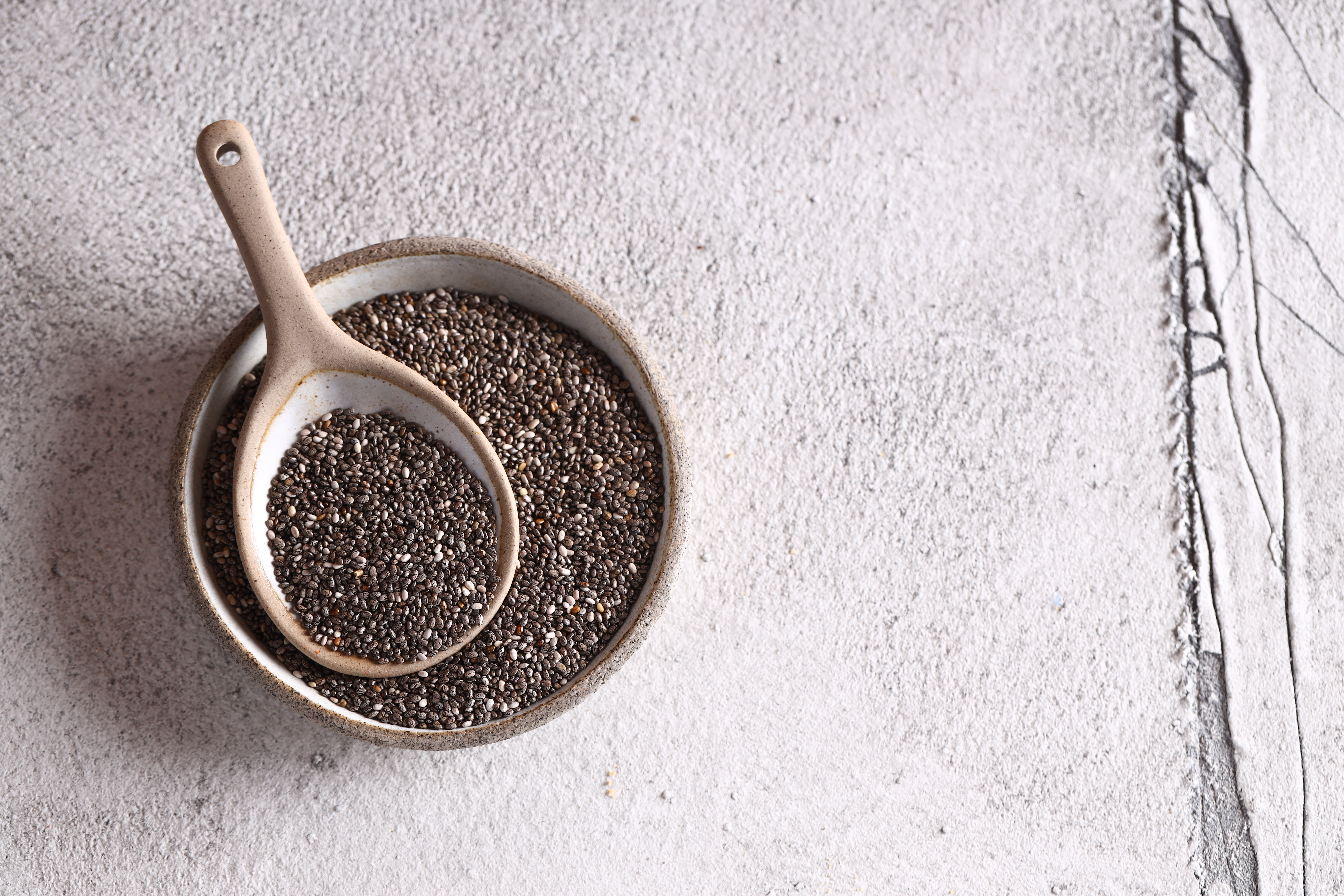
Chia seeds may be small, but they pack a significant punch when it comes to nutrition. These seeds are an excellent source of both soluble and insoluble fiber, which helps promote digestive health and prevent constipation. Chia seeds are unique in their ability to absorb liquid and form a gel-like consistency, making them a popular ingredient in puddings and smoothies. They are also rich in omega-3 fatty acids, which are beneficial for heart health and reducing inflammation. Incorporating chia seeds into your diet is easy; simply sprinkle them over yogurt, mix them into your morning cereal, or use them as an egg substitute in baking. The high fiber content of chia seeds helps regulate blood sugar levels and provides a steady source of energy, making them a perfect addition to any meal.
4. Quinoa: The Ancient Grain with Modern Appeal
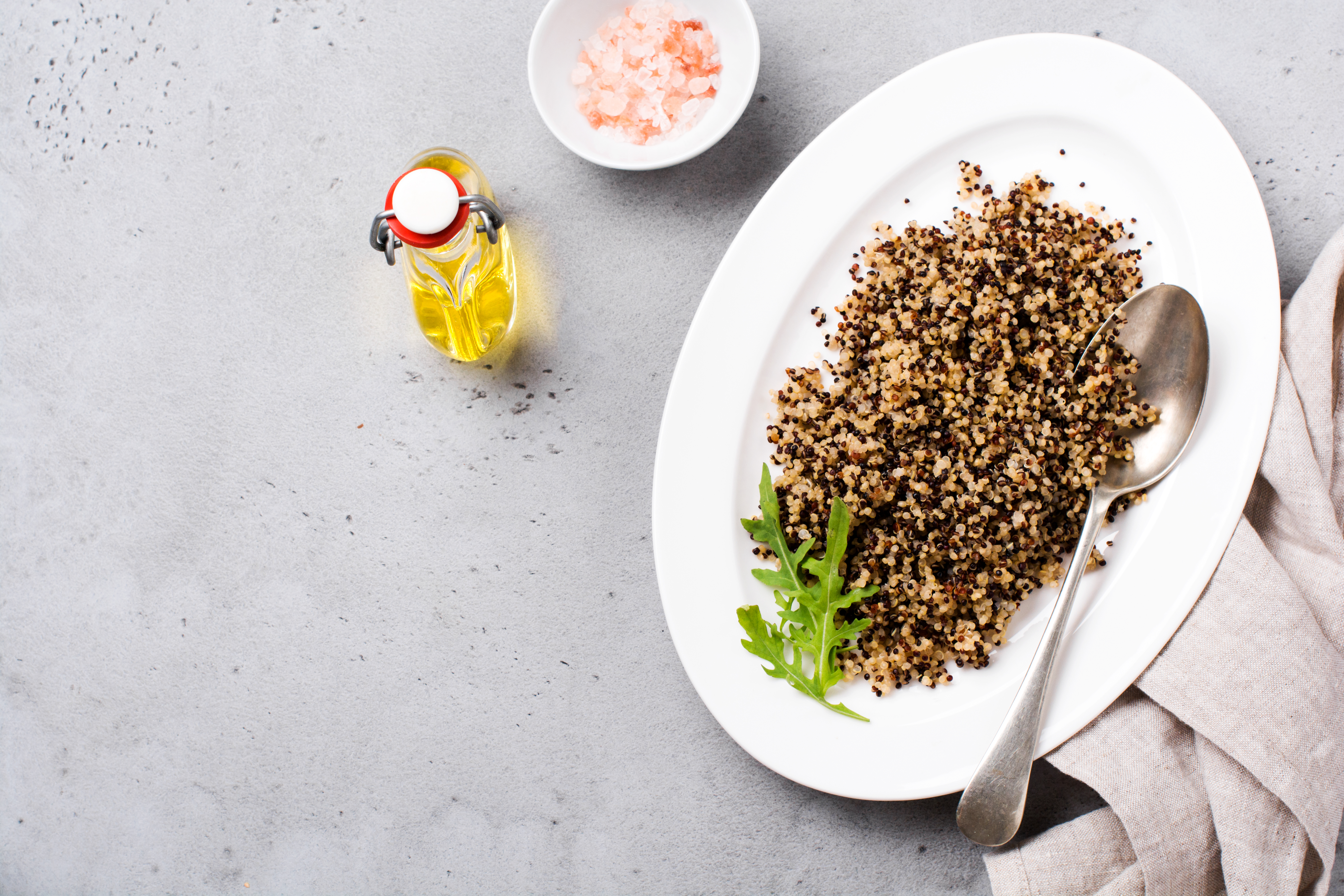
Quinoa has gained popularity as a superfood, and for good reason. This ancient grain is a complete protein, containing all nine essential amino acids, and is also high in fiber. Quinoa's unique nutritional profile makes it a valuable addition to any diet, especially for those seeking plant-based protein sources. It is gluten-free, making it suitable for individuals with gluten sensitivities or celiac disease. Quinoa is versatile and easy to prepare, serving as a base for salads, bowls, and side dishes. Its high fiber content aids in digestion and helps maintain a feeling of fullness, preventing overeating. By incorporating quinoa into your meals, you can enjoy a delicious and nutritious food that supports sustained energy and overall health.
5. Apples: Nature’s Portable Snack

Apples are a convenient and delicious way to boost your fiber intake. This popular fruit is rich in both soluble and insoluble fiber, with the skin providing the majority of the fiber content. Apples are known for their ability to promote digestive health and help regulate blood sugar levels. They also contain antioxidants, such as quercetin, which have anti-inflammatory properties and support overall health. Apples are incredibly versatile, enjoyed on their own, sliced into salads, or baked into desserts. Their natural sweetness and satisfying crunch make them an ideal snack to keep you energized between meals. By including apples in your diet, you can enjoy a tasty and nutritious food that supports digestive health and provides sustained energy.
6. Black Beans: The Versatile Fiber Boost
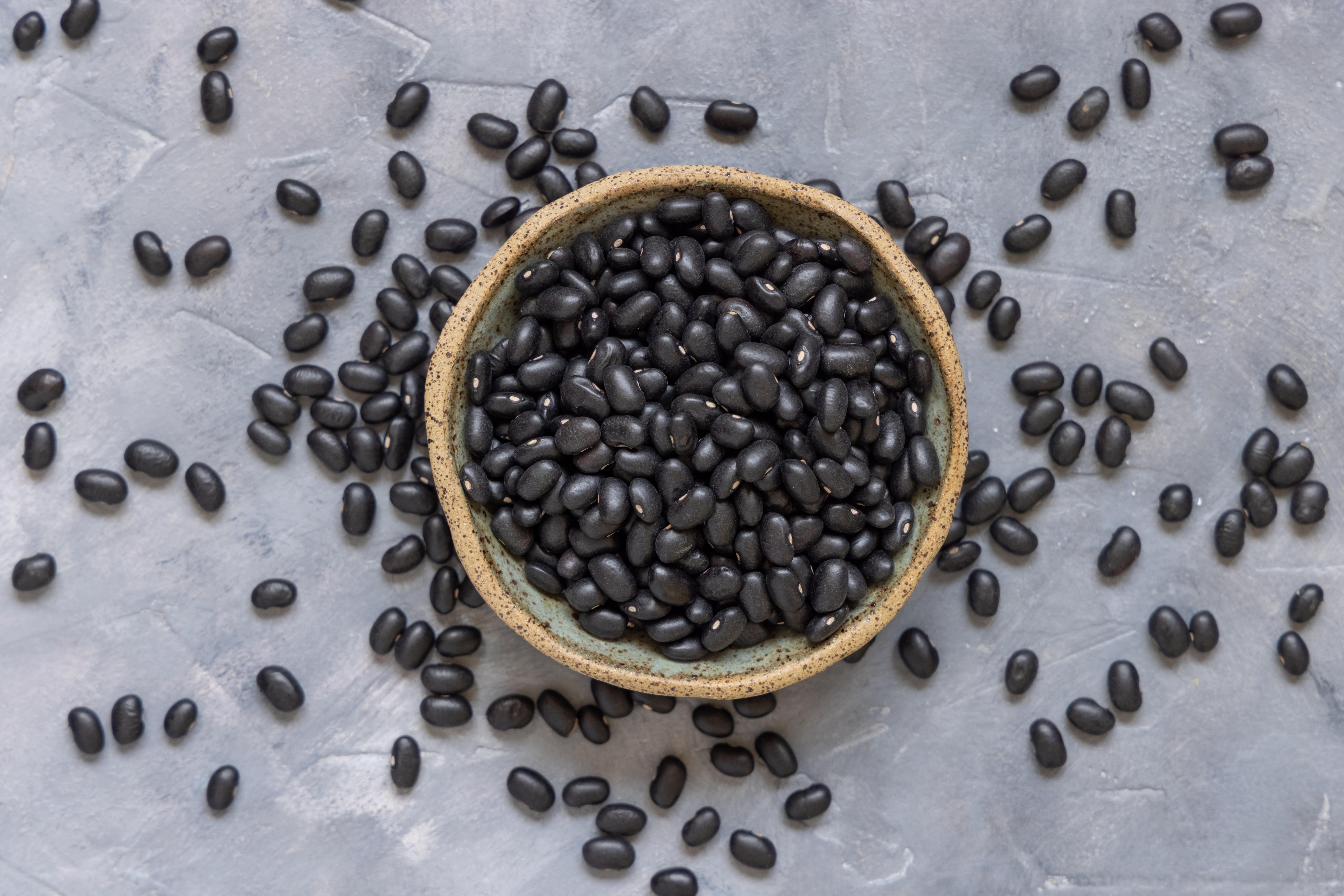
Black beans are a staple in many cuisines, known for their rich flavor and nutritional benefits. These legumes are an excellent source of dietary fiber, particularly soluble fiber, which aids in digestion and helps maintain stable blood sugar levels. Black beans are also high in protein, making them a valuable addition to vegetarian and vegan diets. They are rich in antioxidants, vitamins, and minerals, contributing to overall health and well-being. Black beans can be used in a variety of dishes, from soups and stews to salads and tacos. Their high fiber content helps promote a feeling of fullness and provides sustained energy, making them an ideal food for maintaining a healthy diet.
7. Sweet Potatoes: The Nutrient-Dense Root
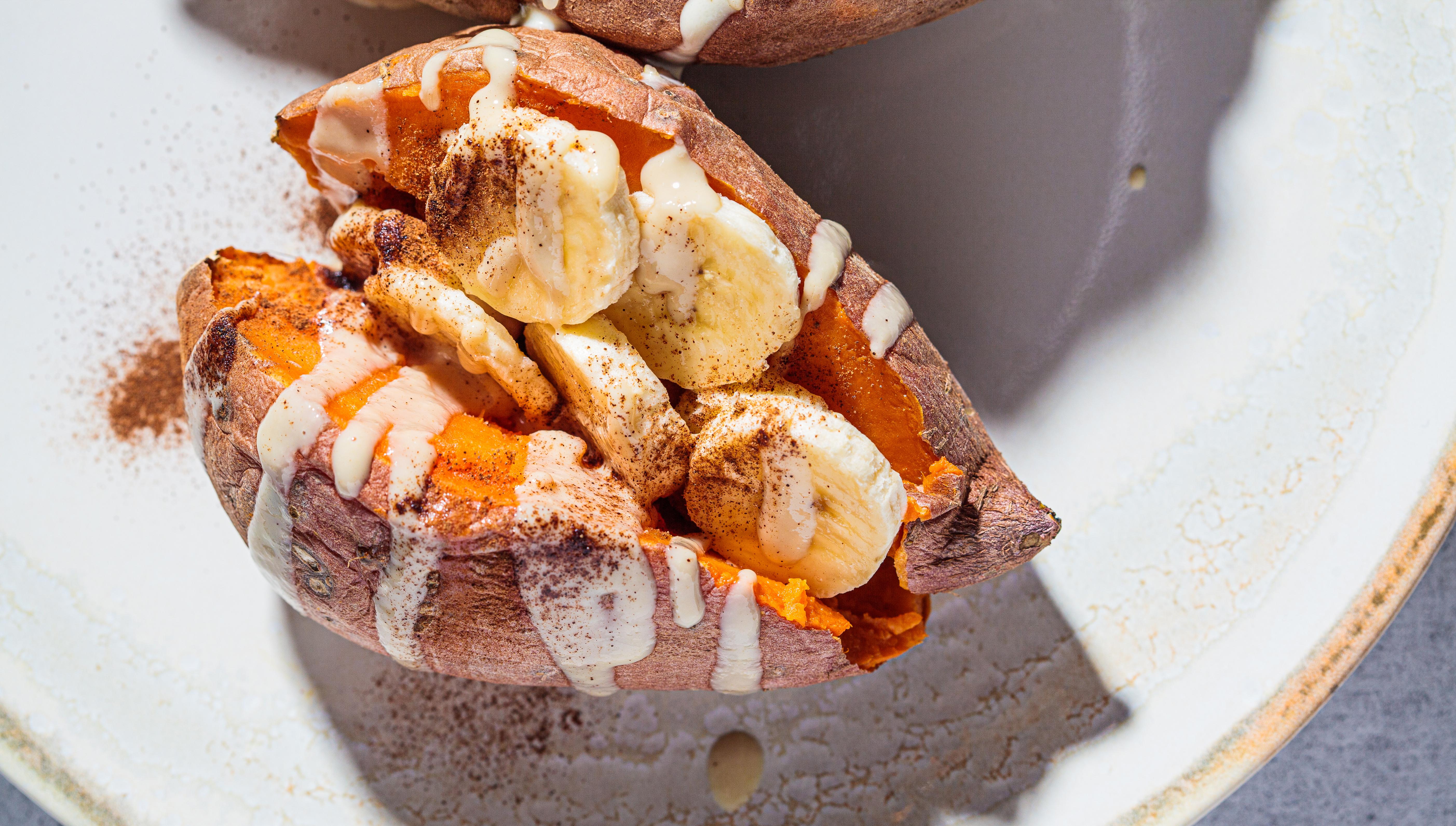
Sweet potatoes are a delicious and nutritious root vegetable, high in fiber and packed with vitamins and minerals. They are particularly rich in beta-carotene, an antioxidant that supports eye health and boosts the immune system. Sweet potatoes are versatile and can be prepared in various ways, from roasting and mashing to baking and frying. Their natural sweetness and satisfying texture make them a popular choice for both savory and sweet dishes. The high fiber content of sweet potatoes helps regulate digestion and provides a steady source of energy, making them an excellent addition to any meal. By incorporating sweet potatoes into your diet, you can enjoy a flavorful and nutritious food that supports overall health and well-being.
8. Almonds: The Crunchy Energy Source
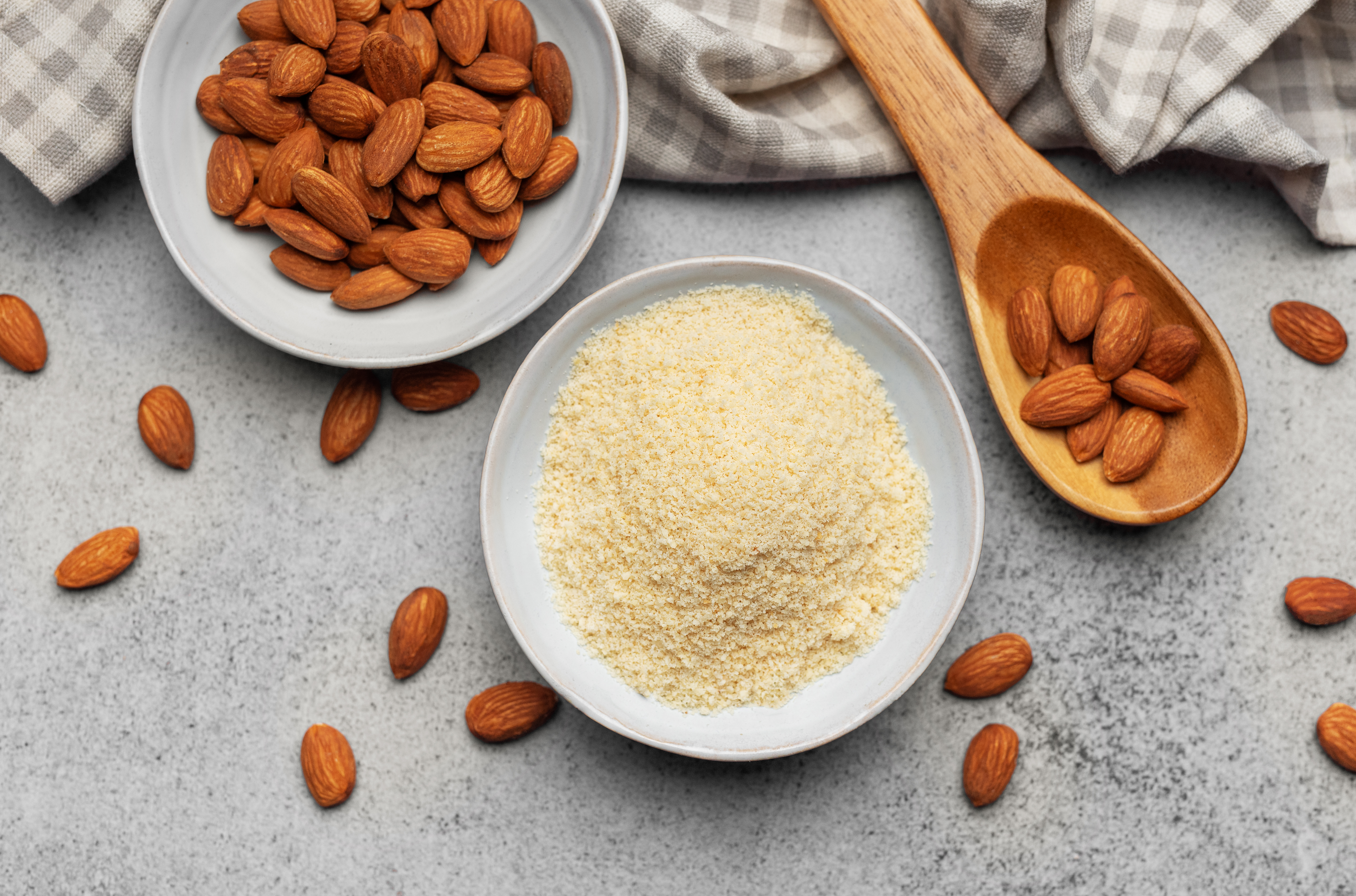
Almonds are a popular nut, known for their crunchy texture and rich flavor. They are an excellent source of dietary fiber, healthy fats, and protein, making them a satisfying and nutritious snack. Almonds are also rich in vitamin E, an antioxidant that supports skin health and boosts the immune system. These nuts are incredibly versatile, enjoyed on their own, added to salads, or used as a topping for yogurt and oatmeal. The high fiber content of almonds helps promote a feeling of fullness and provides sustained energy, making them an ideal food for maintaining a healthy diet. By including almonds in your meals and snacks, you can enjoy a delicious and nutritious food that supports overall health and well-being.
9. Avocados: The Creamy Superfood
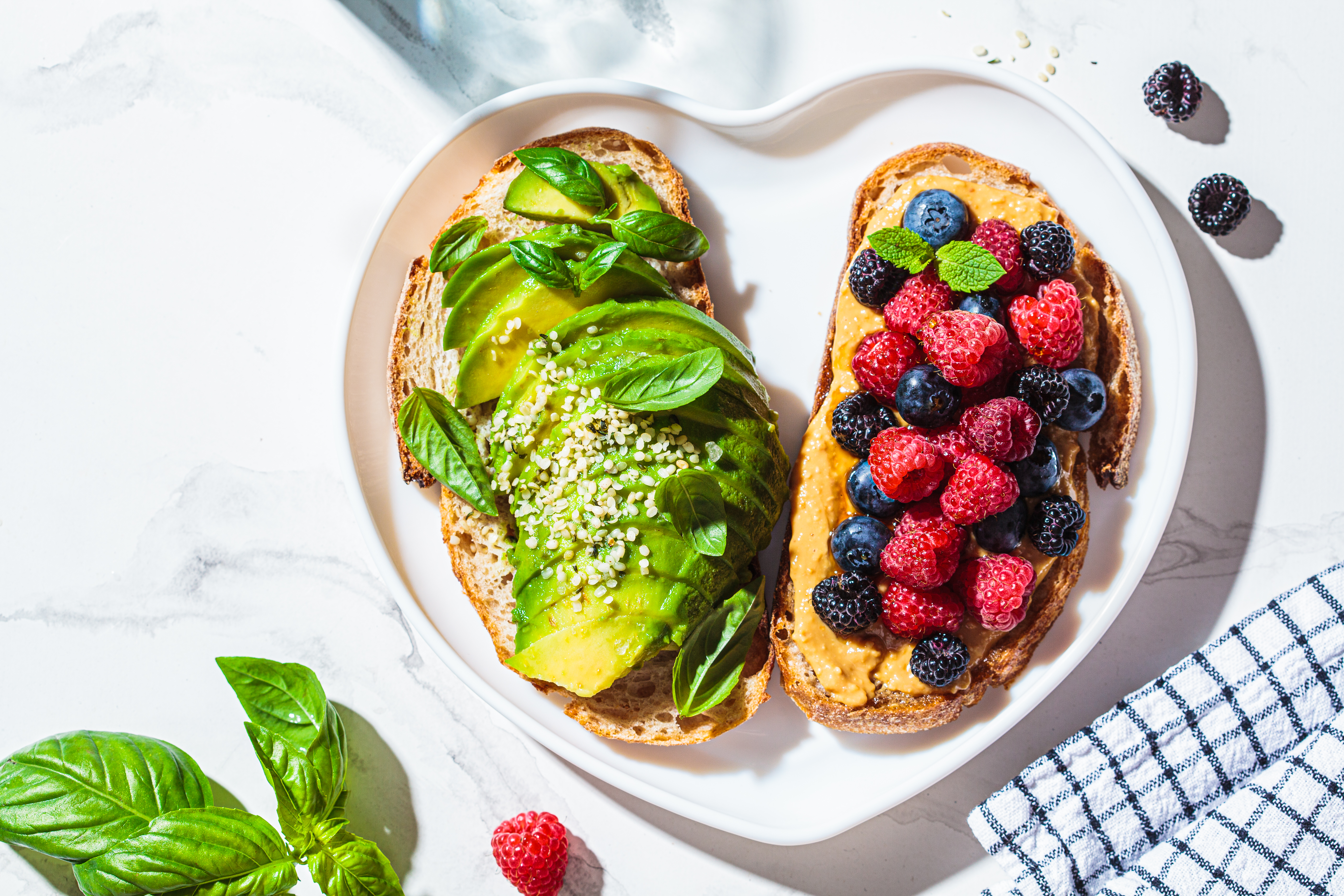
Avocados are a unique fruit, known for their creamy texture and rich flavor. They are an excellent source of dietary fiber, healthy fats, and a variety of vitamins and minerals. Avocados are particularly high in monounsaturated fats, which support heart health and reduce inflammation. They are also rich in potassium, an essential mineral that helps regulate blood pressure. Avocados are incredibly versatile, enjoyed on their own, mashed into guacamole, or sliced into salads and sandwiches. The high fiber content of avocados helps promote a feeling of fullness and provides sustained energy, making them an ideal food for maintaining a healthy diet. By incorporating avocados into your meals, you can enjoy a delicious and nutritious food that supports overall health and well-being.
10. Pears: The Juicy Fiber Boost
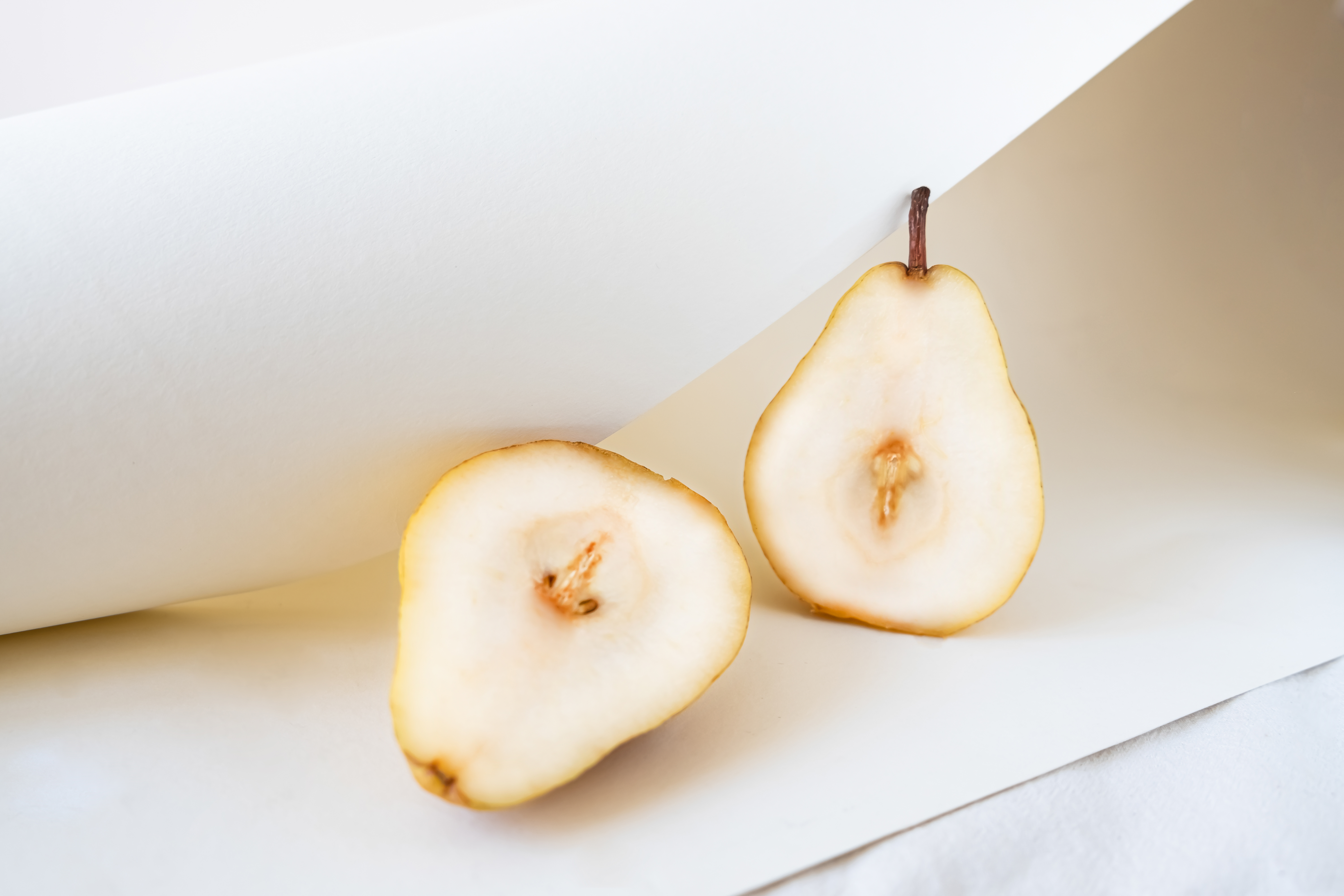
Pears are a delicious and convenient way to increase your fiber intake. This juicy fruit is rich in both soluble and insoluble fiber, with the skin providing the majority of the fiber content. Pears are known for their ability to promote digestive health and help regulate blood sugar levels. They also contain antioxidants, such as vitamin C and copper, which support immune function and reduce inflammation. Pears are incredibly versatile, enjoyed on their own, sliced into salads, or baked into desserts. Their natural sweetness and satisfying texture make them an ideal snack to keep you energized between meals. By including pears in your diet, you can enjoy a tasty and nutritious food that supports digestive health and provides sustained energy.
11. Berries: The Antioxidant-Rich Treat
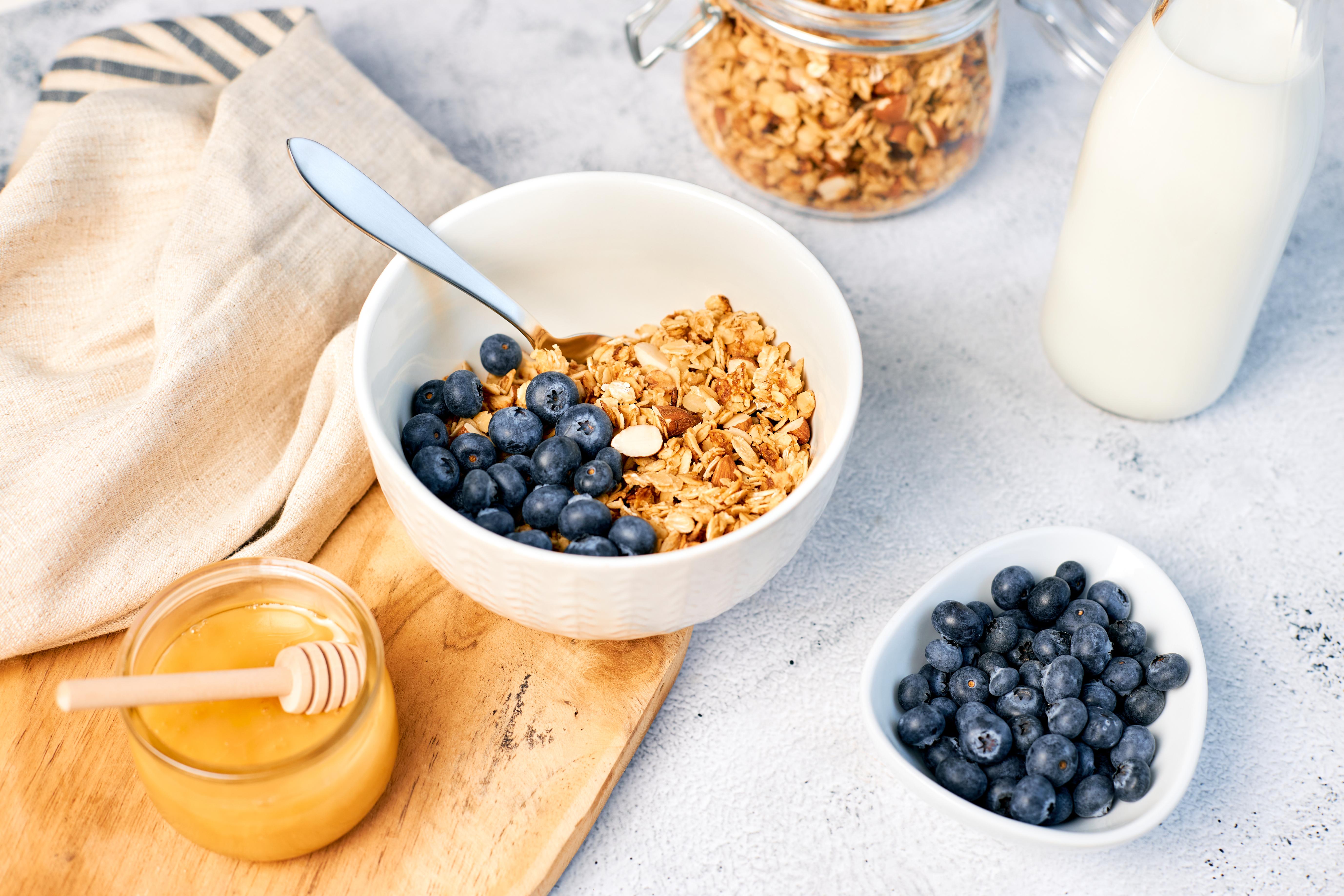
Berries are a delicious and nutritious way to boost your fiber intake. These small fruits are rich in both soluble and insoluble fiber, which promote digestive health and help regulate blood sugar levels. Berries are also packed with antioxidants, such as anthocyanins and vitamin C, which support immune function and reduce inflammation. They are incredibly versatile, enjoyed on their own, added to yogurt and oatmeal, or blended into smoothies. The natural sweetness and vibrant color of berries make them an appealing addition to any meal or snack. By including berries in your diet, you can enjoy a tasty and nutritious food that supports overall health and provides sustained energy.
12. Barley: The Nutritious Grain
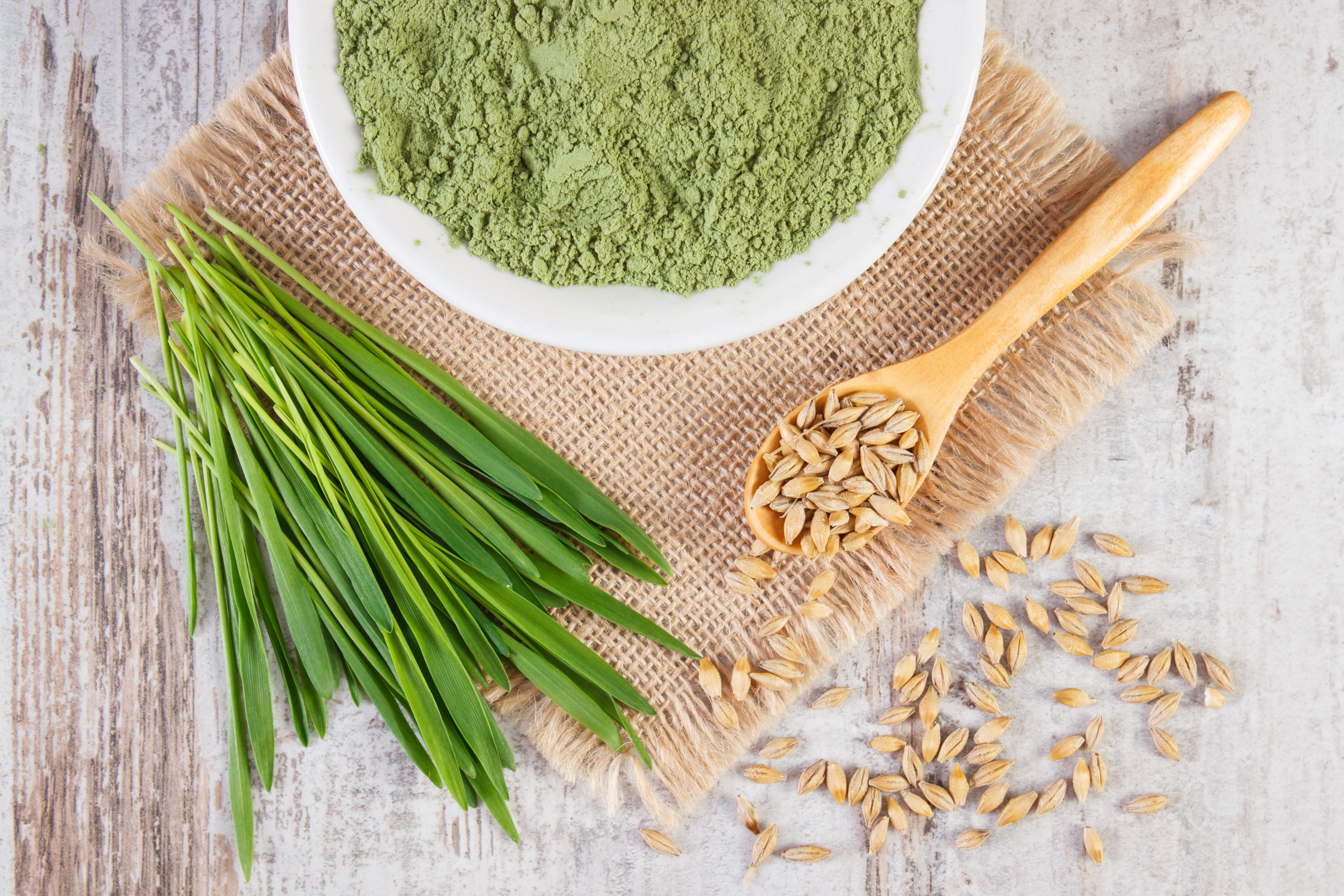
Barley is an ancient grain, known for its high fiber content and numerous health benefits. It is particularly rich in beta-glucan, a type of soluble fiber that has been shown to reduce cholesterol levels and improve heart health. Barley is also a good source of vitamins, minerals, and antioxidants, contributing to overall health and well-being. This versatile grain can be used in a variety of dishes, from soups and stews to salads and risottos. The high fiber content of barley helps promote a feeling of fullness and provides sustained energy, making it an ideal food for maintaining a healthy diet. By incorporating barley into your meals, you can enjoy a delicious and nutritious food that supports overall health and well-being.
13. Artichokes: The Unsung Gut Guardian
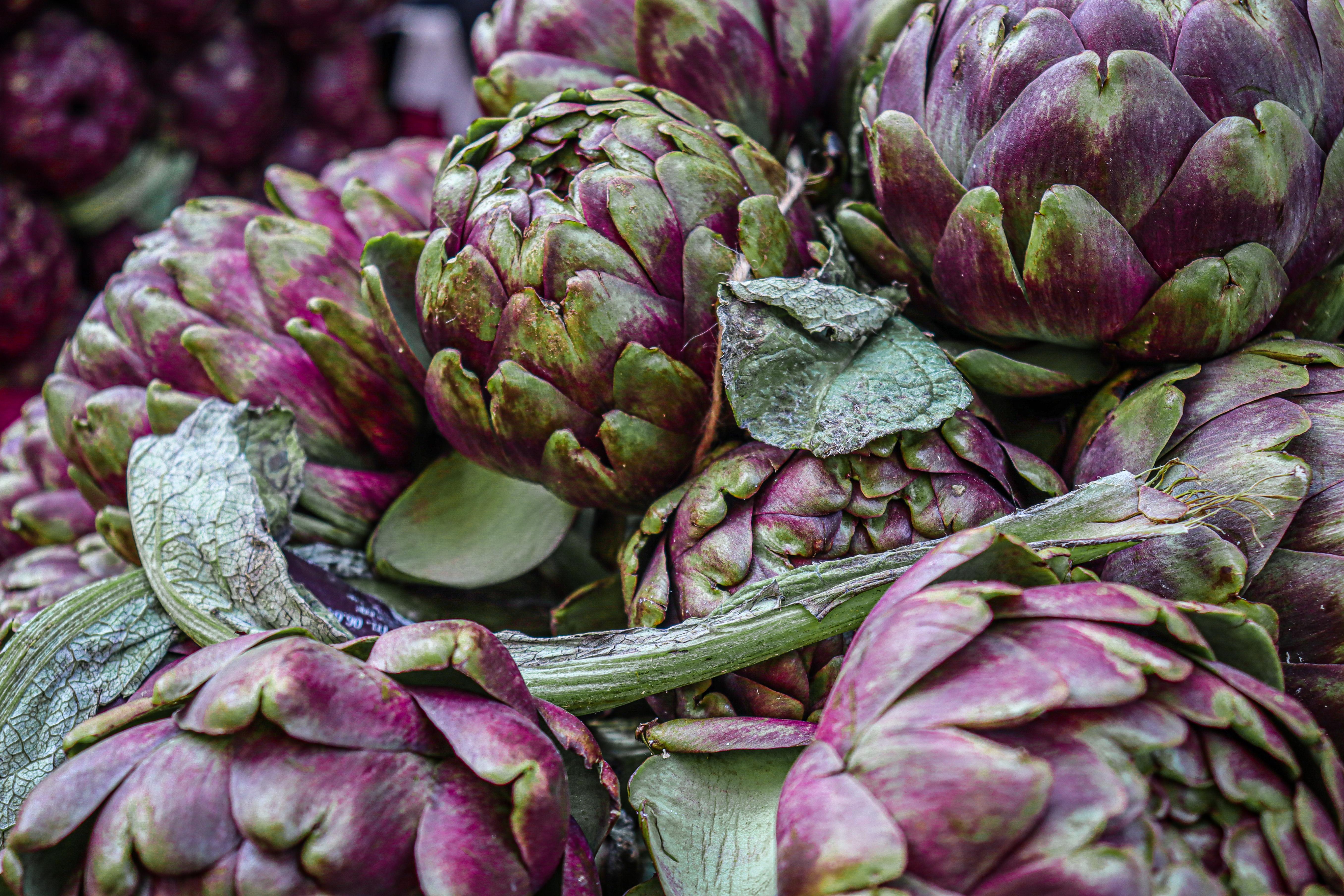
Artichokes are one of the highest-fiber vegetables out there, packing in both soluble and insoluble fiber to fuel digestion and support gut health. Just one medium artichoke delivers nearly 7 grams of fiber, along with antioxidants like cynarin that support liver function. Their mildly nutty flavor pairs well with dips, pastas, or roasted veggie platters. Whether steamed whole or tossed into salads, artichokes add satisfying bulk to your meals while helping to regulate blood sugar and keep you full longer. Don’t let the thorns fool you—artichokes are a delicious way to power up your fiber intake.
14. Popcorn: The Snacktime Fiber Fix
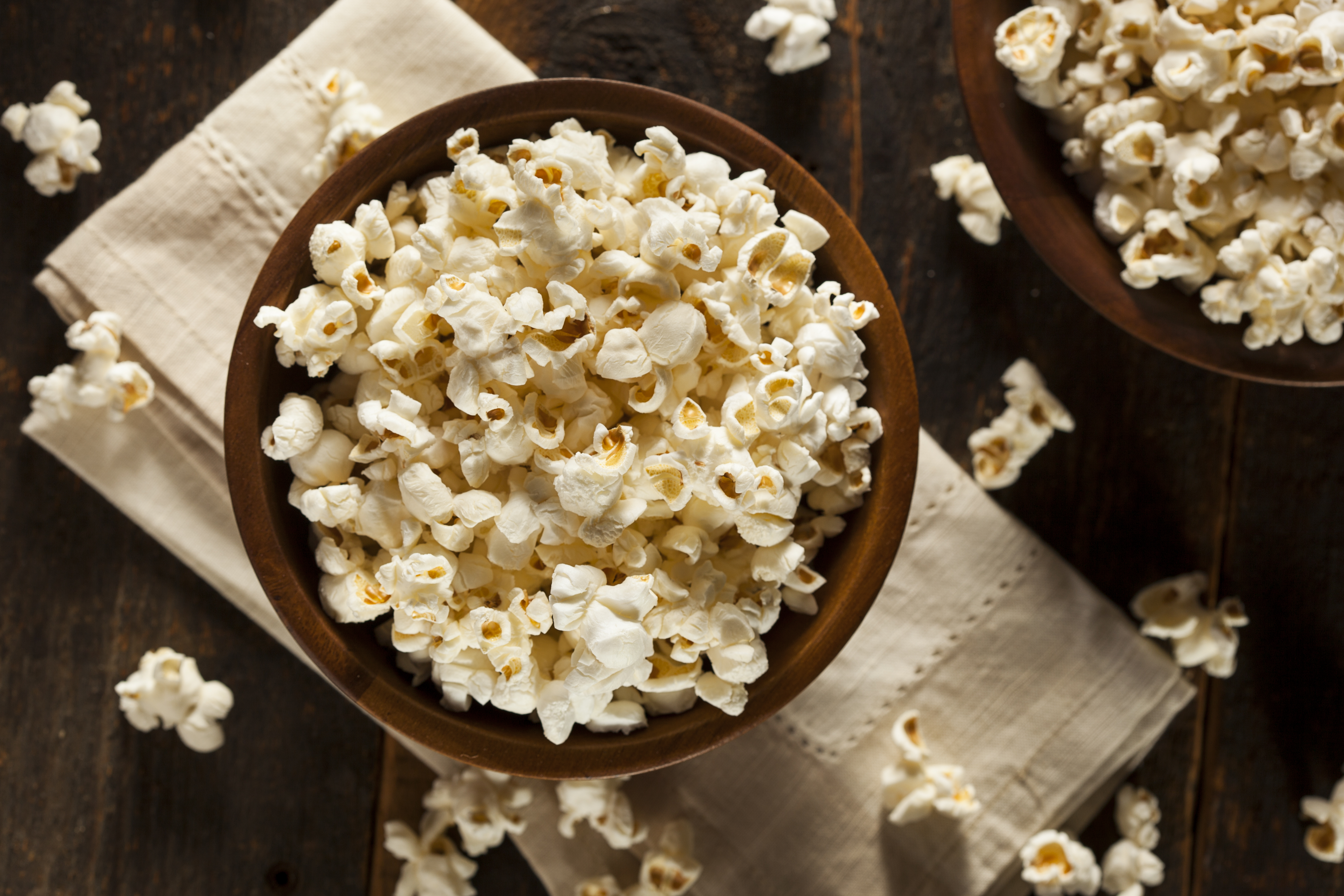
Surprisingly, plain air-popped popcorn is a whole grain—and a fiber superstar. With about 4 grams of fiber per 3-cup serving, it’s one of the few crunchy snacks that actually benefits digestion. It’s also low in calories and easy to flavor with herbs, spices, or a sprinkle of nutritional yeast for a cheesy kick. Just skip the butter-drenched movie-theater versions. Popcorn satisfies salty cravings while keeping things moving in your gut, making it a smart, satisfying way to sneak more fiber into your snack game without sacrificing crunch or flavor.
15. Edamame: The Plant-Powered Powerhouse
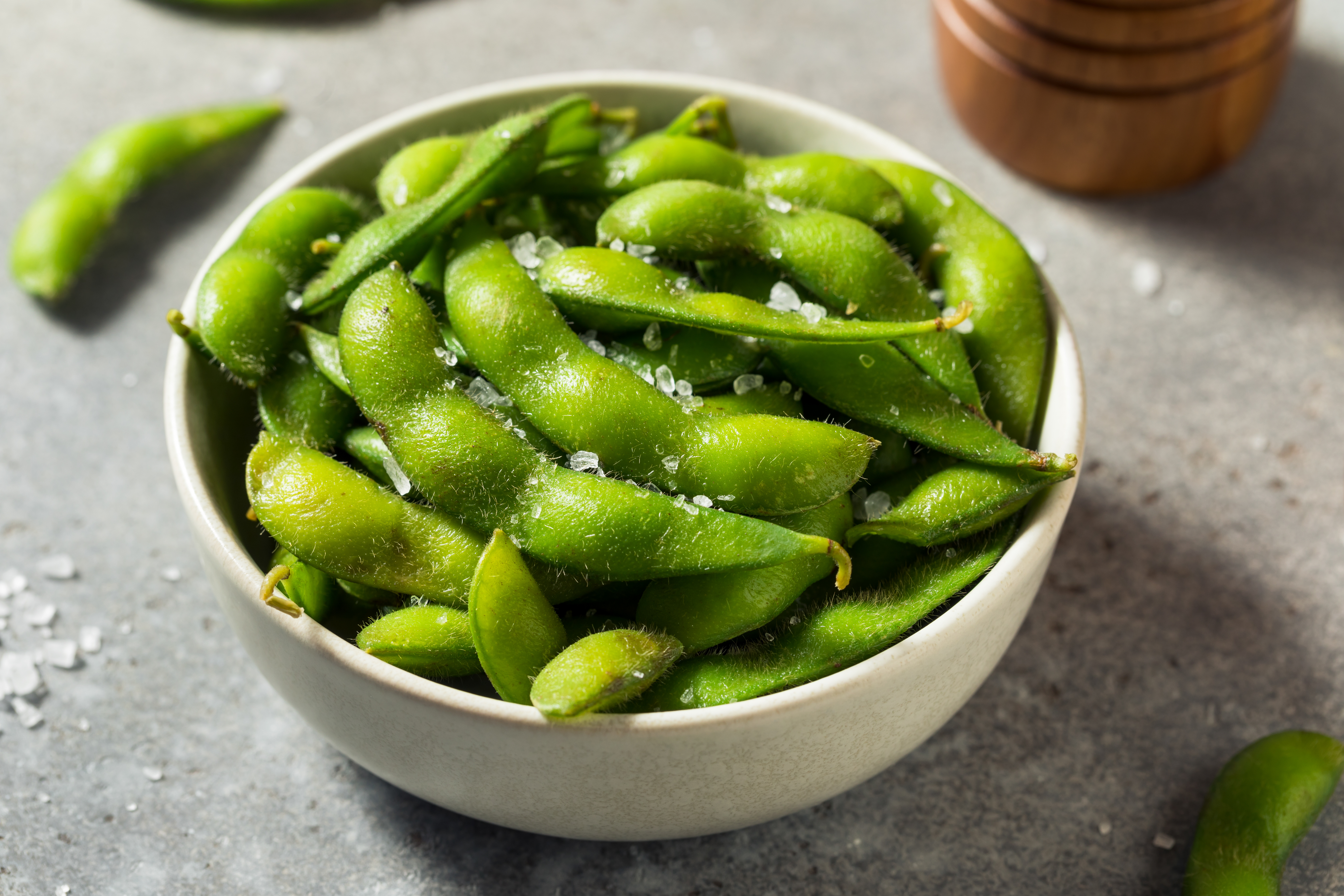
These tender green soybeans are more than a sushi side—they’re a fiber and protein double-threat. A one-cup serving offers around 8 grams of fiber, making edamame a stellar plant-based option for digestive health and lasting fullness. Rich in antioxidants, folate, and vitamin K, edamame also supports heart health and metabolic balance. Whether steamed, stir-fried, or tossed into grain bowls and salads, edamame adds color, texture, and major nutritional firepower. It’s a feel-good snack or side dish that supports steady energy and keeps hunger at bay in the most flavorful way.
16. Figs: Nature’s Candy with a Bonus
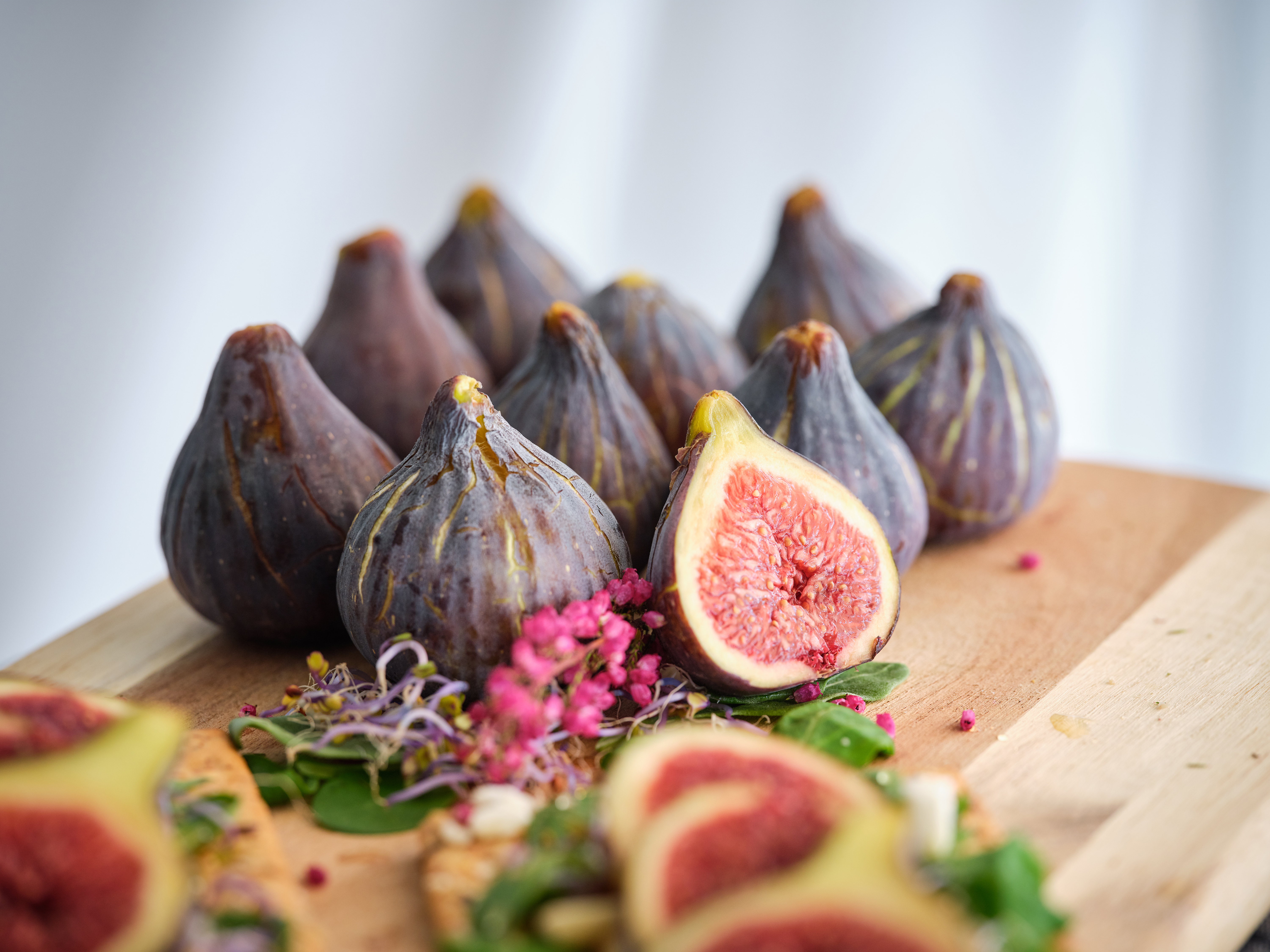
Fresh or dried, figs are a naturally sweet treat loaded with fiber—especially insoluble fiber, which helps keep digestion on track. Just a few dried figs can deliver 3–5 grams of fiber, along with potassium, calcium, and antioxidants. They pair beautifully with savory foods like cheese or prosciutto, but also shine in oatmeal, yogurt bowls, or baked goods. Their chewy texture and honeyed taste satisfy dessert cravings without added sugar. Figs aren’t just indulgent—they’re functional, making them one of the tastiest high-fiber foods you might not be eating enough of.
17. Split Peas: The Soup Star with Staying Power
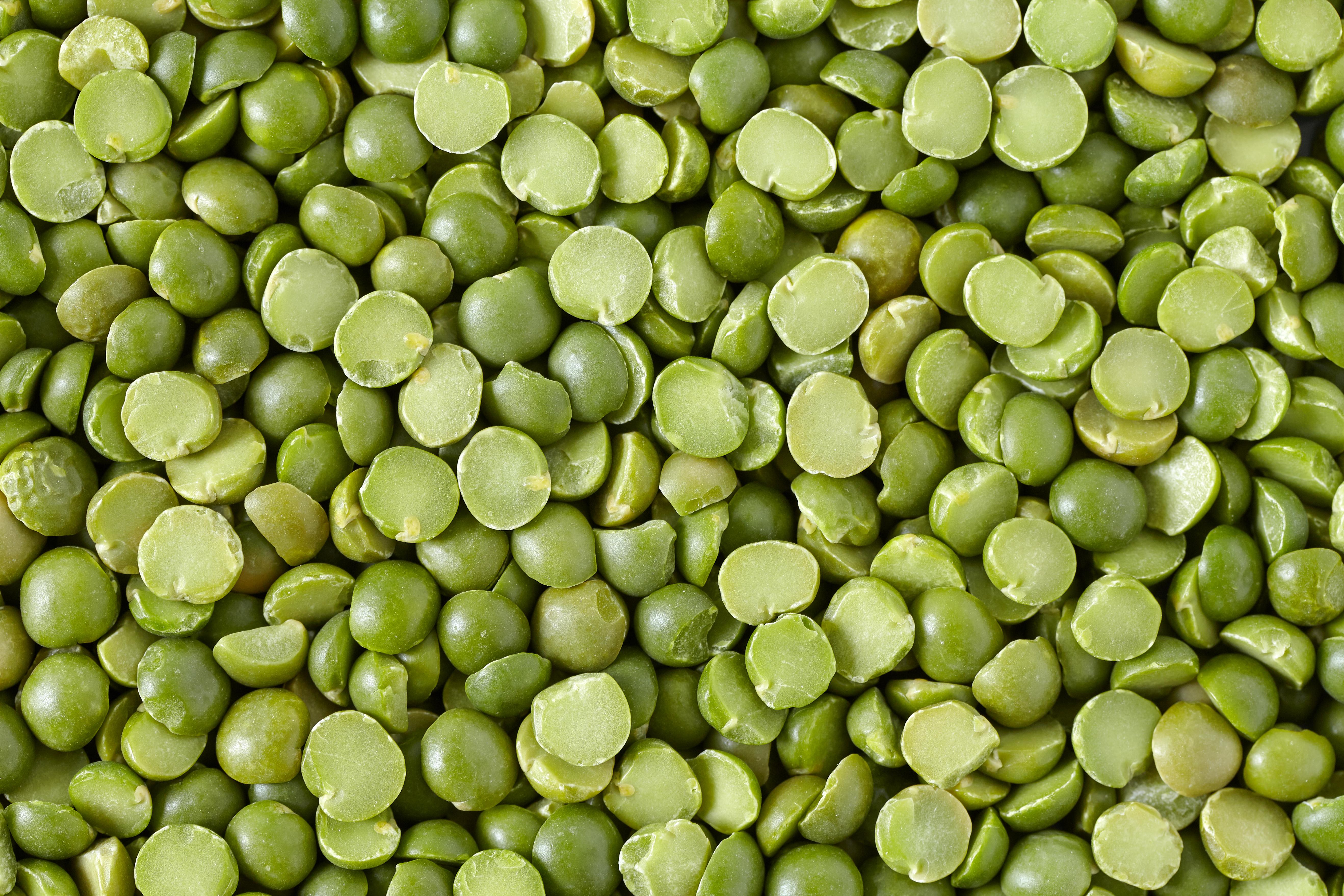
Split peas may not be trendy, but they’re a fiber giant—clocking in at over 16 grams per cooked cup. That’s more than half your daily fiber needs in one cozy, earthy bowl of soup. They’re rich in soluble fiber, which supports blood sugar control and cholesterol reduction. Split peas are also a solid plant protein source and contain iron, magnesium, and B vitamins. Simmer them into soups, stews, or hearty veggie patties for a budget-friendly, gut-friendly meal. Don’t underestimate the humble split pea—it’s fiber-rich, deeply nourishing, and built to energize.
Flavor Meets Fuel—The Fiber Advantage
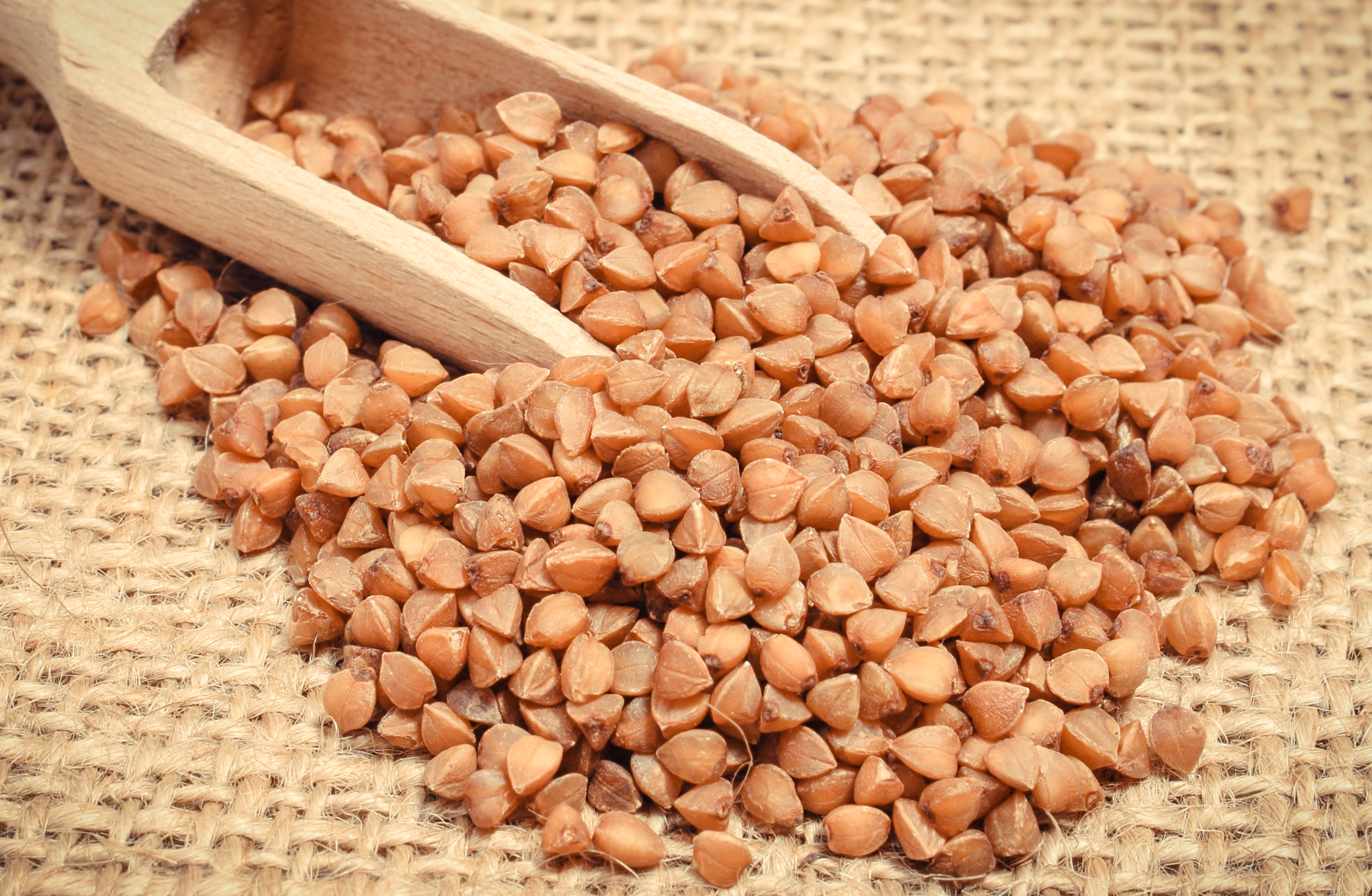
Great health doesn’t have to come at the cost of great taste. These 17 high-fiber hero foods prove that you can nourish your body, satisfy your cravings, and stay energized—all in one bite. From creamy avocados to crunchy popcorn, earthy lentils to sweet figs, fiber-rich foods do more than aid digestion—they help balance blood sugar, curb cravings, and keep your energy steady all day long. The best part? They’re as versatile as they are delicious, fitting into every meal and lifestyle with ease. So whether you're building a better breakfast, upgrading your snacks, or leveling up dinner, fiber is your silent ally in feeling full, focused, and fueled. No gimmicks. No restrictions. Just real, satisfying food that powers your plate—and your day. Start with one or two favorites and build from there. Because when flavor meets function, healthy eating becomes not just doable—but deliciously sustainable.
